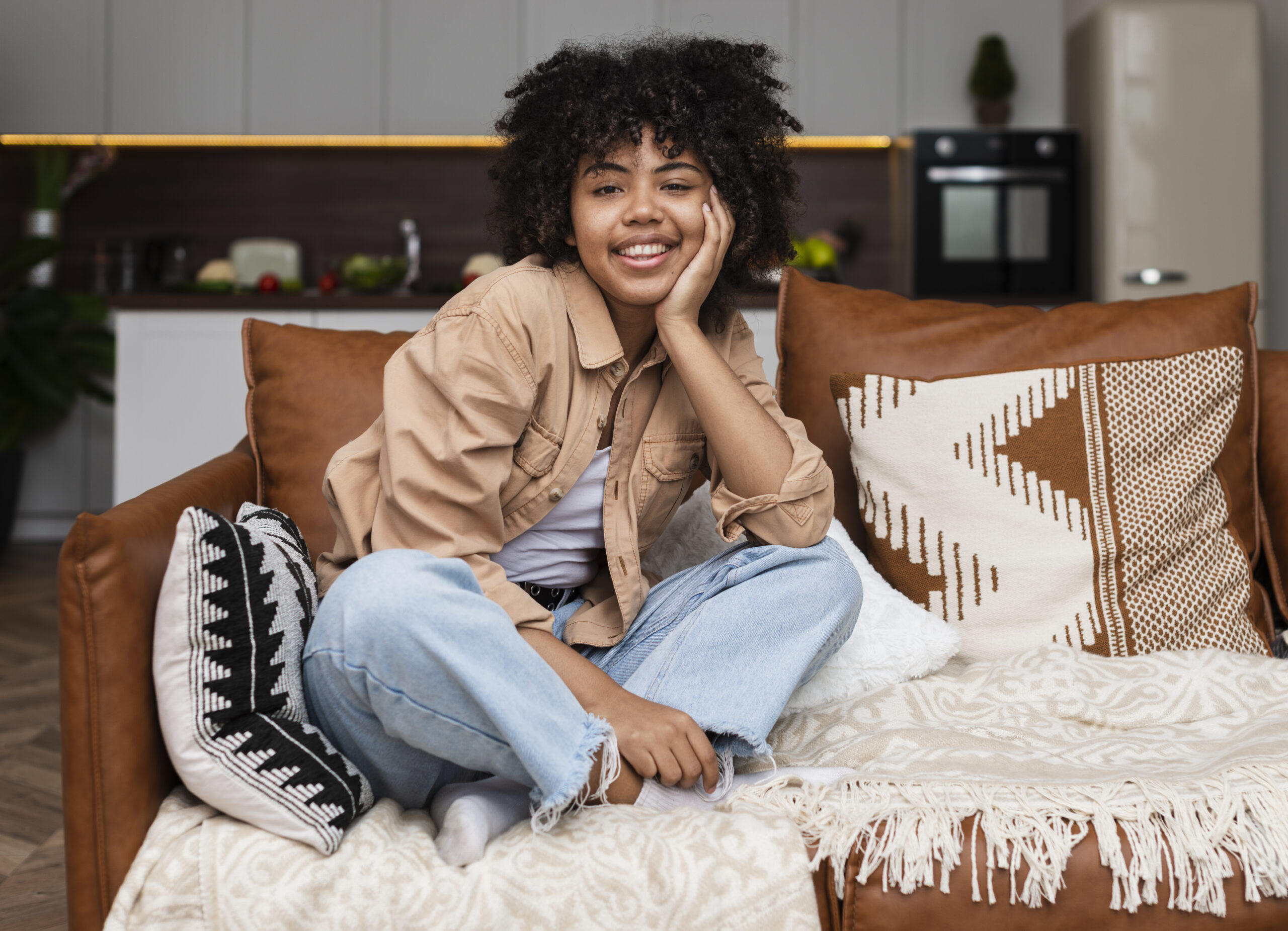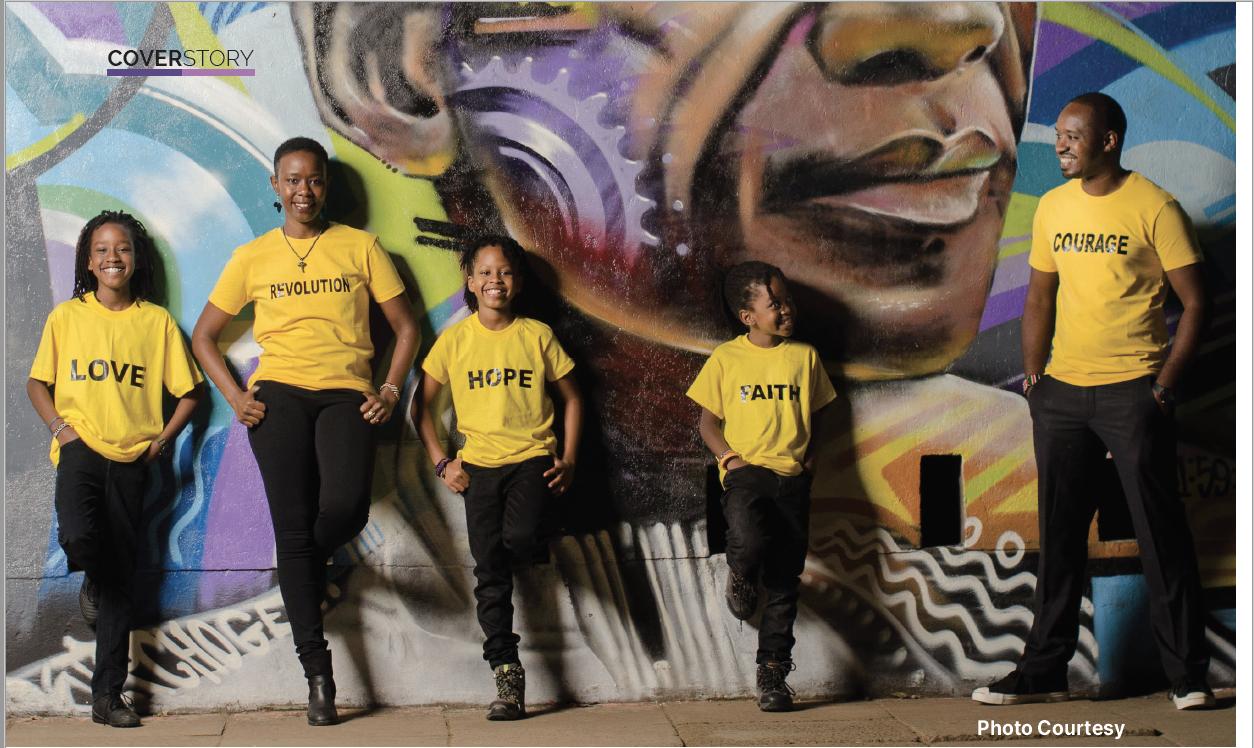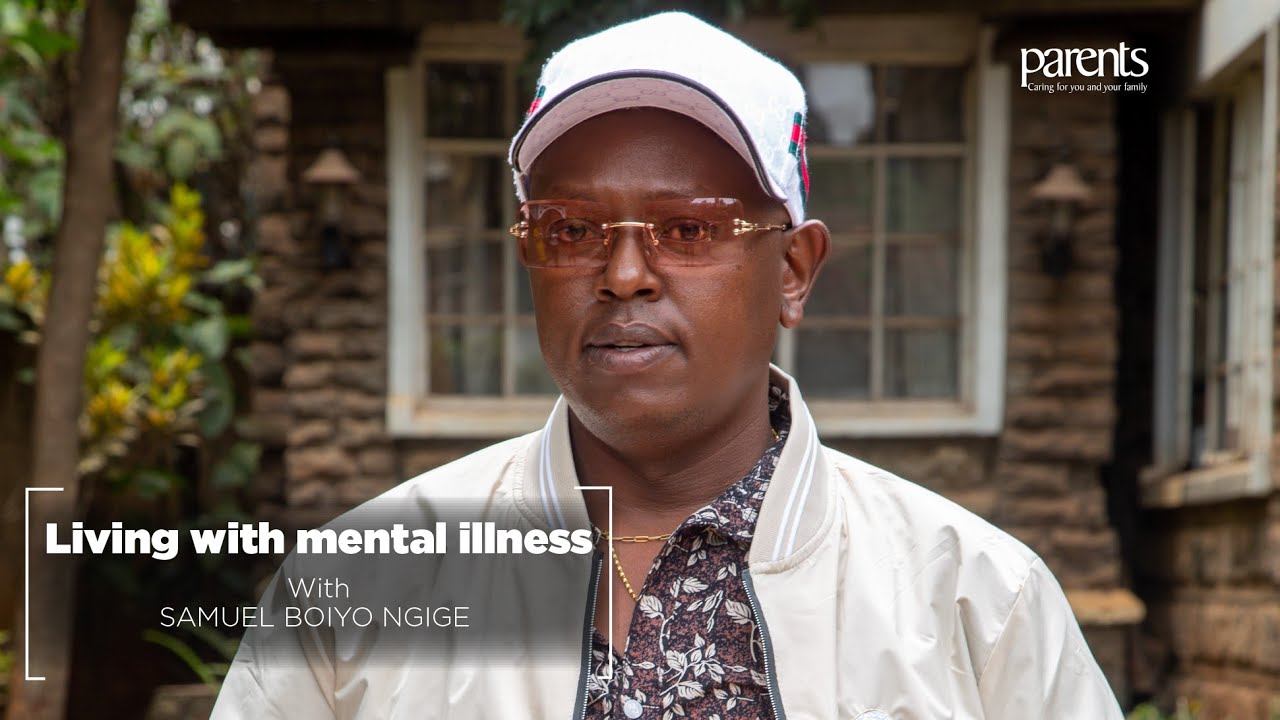How tiktok is prioritising mental wellness for its younger users
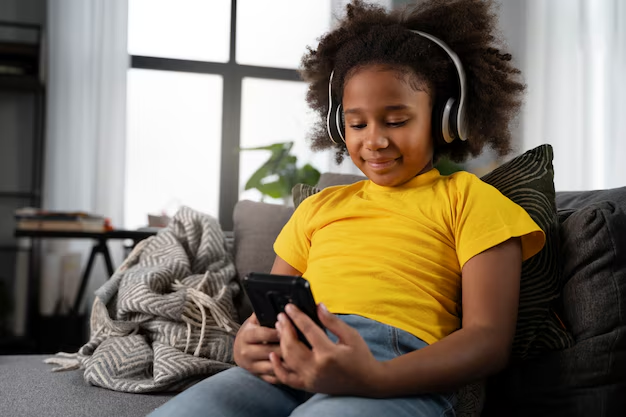
In an era where mental health challenges are on the rise, especially among adolescents and young adults, the digital world has become both a source of concern and a potential solution.
With 14.3% of children in Sub-Saharan Africa facing serious psychological difficulties, and many struggling to access adequate care due to stigma and limited resources, platforms like TikTok are stepping in to provide much-needed support.
Over the past few years, TikTok has emerged as more than just a place for viral dances and entertainment. The platform, which attracts millions of young users daily, has recognised its unique position to foster positive mental health conversations and provide resources to those in need.
In collaboration with organisations like the World Health Organization (WHO), TikTok is taking significant steps to promote mental well-being and combat misinformation.
One of the key ways TikTok is making a difference is through its “You Are Not Alone” initiative.
By simply searching for terms related to mental health or suicide, users are directed to a support page offering reassurance and self-help hotline information relevant to their region.
This vital feature allows individuals to seek help at a critical moment, reminding them that support is always within reach.
Moreover, TikTok’s #MentalHealth and #SelfCare movements have provided a platform for millions to share their stories, offering comfort and solidarity to those who may feel isolated.
Individuals like Dr Siyamak Saleh, a mental health advocate from South Africa, have used TikTok to lead important conversations, raising awareness and encouraging self-care across the continent.
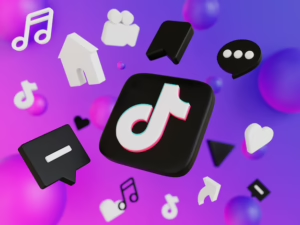
Beyond raising awareness, TikTok is also addressing the potential risks of excessive screen time, which can negatively affect mental well-being.
Through features such as the Screen Time Dashboard and Screen Time Breaks, users can monitor their app usage and receive gentle reminders to take breaks.
These tools encourage healthier digital habits and help prevent the mental fatigue that can come from spending too much time online.
For younger users, TikTok goes even further by offering customised prompts that limit screen time and ensure content restrictions are in place for those under 18.
The Family Pairing feature also allows parents to take an active role in their children’s digital habits, ensuring they maintain a balanced relationship with technology.
Such initiatives are especially crucial for adolescents, who are more vulnerable to the pressures of social media.
As we mark Mental Health Awareness Day, it’s important to recognise how platforms like TikTok are actively contributing to the mental well-being of their users.
By offering tools to manage screen time, providing well-being guides, and encouraging meaningful conversations about mental health, TikTok is helping to create a safer and more supportive online environment.
At a time when early intervention is vital, TikTok’s efforts to prioritise mental health could be a game-changer for young people navigating the challenges of today. With continued partnerships and investments in mental health initiatives, TikTok is proving that social media can indeed play a positive role in promoting well-being.
For more information on the mental health resources TikTok offers, you can visit the TikTok Safety Centre and get all the necessary information you’ll need to safeguard the mental health of your children and monitor their usage and what they consume of TikTok.




